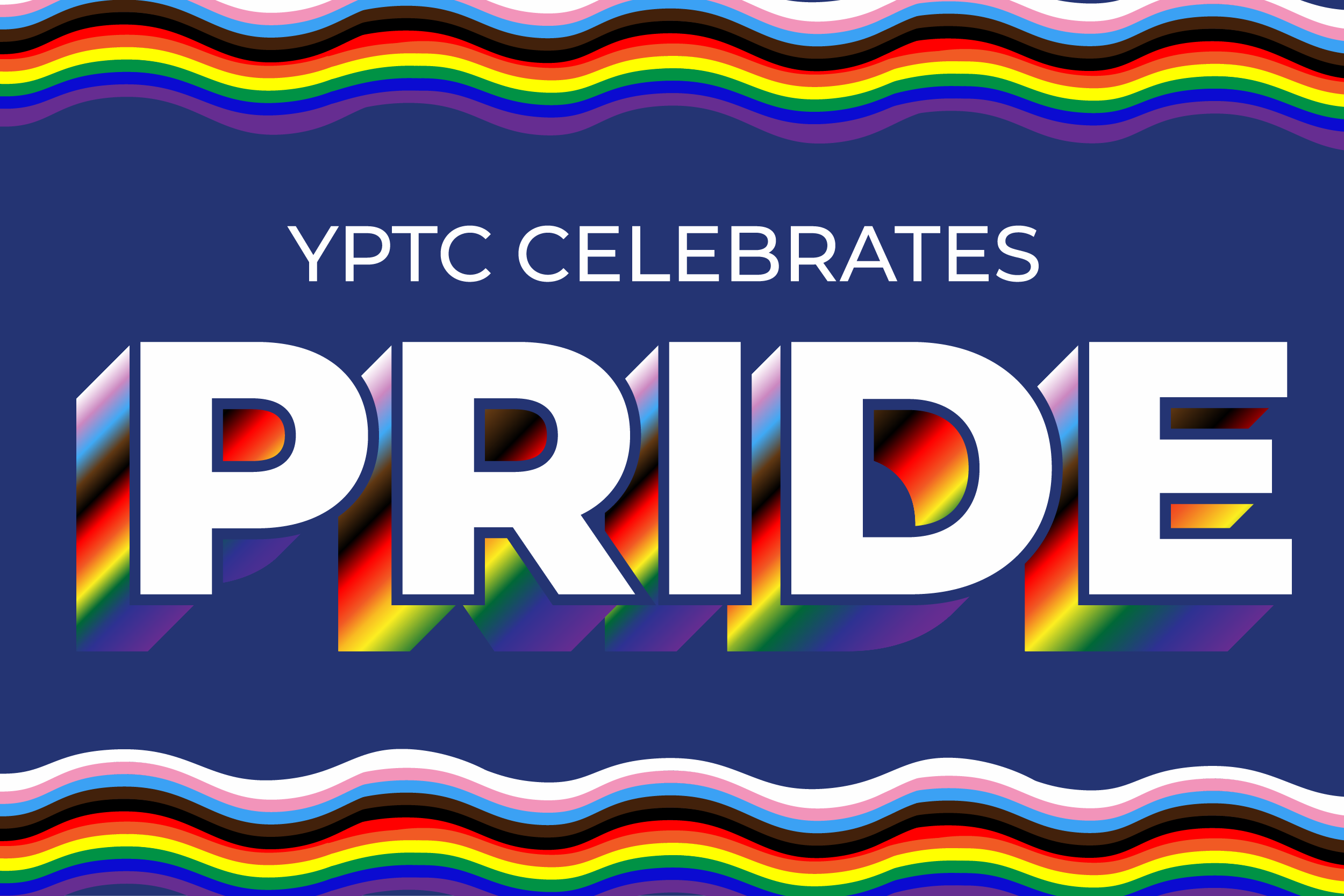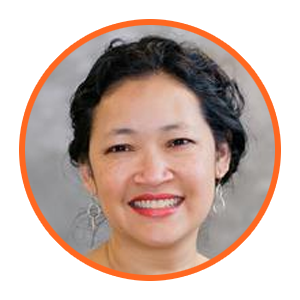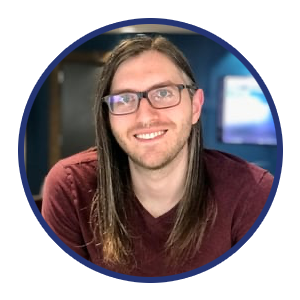As Pride Month ends, Your Part-Time Controller, LLC (YPTC) celebrates an impact that spans well past the parameters of June. YPTC’s staff members explain the impact of Pride, how it builds strong identities, and the experience of being a parent in the LGBTQIA+ community.
 Steve Serino, Associate, PHL
Steve Serino, Associate, PHL
What does LGBTQIA+ Pride mean to you?
Pride is a day to reflect on how far we have come and celebrate! Also, it reminds us that we are not alone, how far we still need to go for full equality and how quickly it can all be taken away. If we are not all free, then none of us are free!
How has your identity shaped the person you are today?
As a white man growing up in America in the 1960s & 70s, it was very humbling to realize, after I came out as gay, that I was now in a minority group. Being gay has made me more empathetic, focused on equity/equality for all, and a better human being (I like to think so anyway).
Marion Williams, Associate, PHL 
What has been your experience as a parent of a trans person?
It is critical to understand that being trans is not a choice, but a discovery, not unlike that in which one is left-handed, right-handed, or ambidextrous. While experiencing gender dysphoria is not a choice, coming out is a careful, deliberate one. If your child trusts you enough to choose to reveal their identity, trust them in return and listen to what they want you to understand. Parent and family support is critical, as it has been for all of us cis-gendered humans. When a child comes out as trans, parents must choose their response carefully. If you love your child unconditionally, you must choose to hold their hand and walk this journey with them.
Eight years ago, my eldest revealed to me what she was experiencing and taught me what gender dysphoria was. When parents first learn that a child is trans, it can be mind-bending to understand not just what it means for your child, but also to reflect upon the relationship you have had with them. Though it may be a journey of shock, sorrow, and loss, it is ultimately a journey of joy and love. No matter how hard we work as parents to raise well-adjusted human-beings, there will always be speed bumps in a child’s journey; this is far more than a speed bump. Without the support of parents, families, and community, it can be a long and dangerous detour that too many trans people do not survive. Loving your child or family member through this difficult stage—as you would for any other difficult stage—offers the best chance of survival.
My child transformed from an unhappy, anti-social, tightly wound individual who rarely smiled into a joyful young adult who could relax, chat with neighbors, and smile. She is sensitive and considerate of others. She has a new, close relationship with her younger sister and with me, and she has maintained her close relationship with her younger brother with whom she shared all her childhood adventures. I am proud to call her my happy, well-adjusted daughter!
What can people do to support the trans community?
- Respect: Use the pronouns and names that trans people use for themselves. Mis-gendering is disrespectful and hurtful. Deadnaming (using the old, parent-assigned first name) is traumatic for a trans person!
- Privacy: Be conscious of the privacy of a trans person. If the family is coming together, have a conversation before the event and discuss how they want to handle introductions, etc.
- If you learn that someone you know is transitioning, you must learn to let the “old” person go. This is not something you should discuss with them; this is the private work that you must do on your own. In addition, when in the presence of the transitioning person, make sure to welcome the “new” person! Do not ask invasive questions that you would not ask of any other person. If you think that this period is awkward for you (it is!), imagine how much more awkward it is for them!
- Protect trans kids and their families: Support gender-affirming care in your communities. It is necessary and recommended by the most respected medical and mental health professionals. Build a supportive, understanding, and welcoming community because it is critical for the survival of trans kids and their families.
- Be open and loving: remember that a trans person is first human and is someone’s child.
- Learn: Do your research, learn what all the trans-specific terms mean. Visit the Human Rights Campaign website and listen to individual stories.
- Quit the trans jokes, shut them down when you hear them.
 Eric Wilson, Director, DAL
Eric Wilson, Director, DAL
What does LGBTQIA+ Pride mean to you?
I see Pride as a celebration of acceptance, in terms of both how far we have come and the further advances we hope to accomplish. Many others in the LGBTQIA+ community, both past and present, have endured and advocated to achieve the progress we have seen to date, and I consider myself very fortunate to live a life with acceptance in both my professional and personal settings.
How has your identity shaped the person you are today?
My identity has helped me learn it’s important to treat myself the way I want others to treat me, which has led me to a profound sense of confidence and self-respect. On a sappier and cliché level, my identity has also shaped me as a person by way of my husband – everyone says this about their spouse, but he truly is my better half!



 Steve Serino, Associate, PHL
Steve Serino, Associate, PHL
 Eric Wilson, Director, DAL
Eric Wilson, Director, DAL



